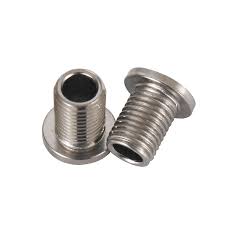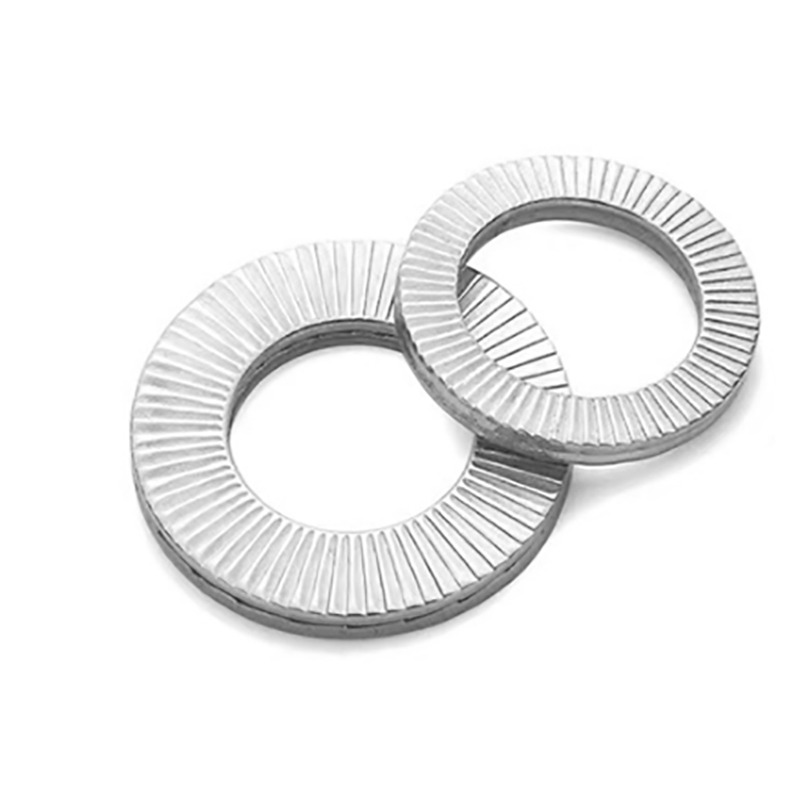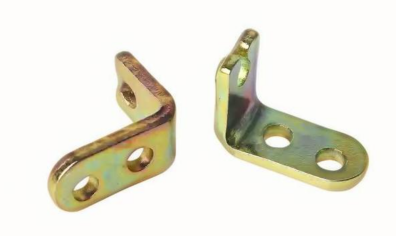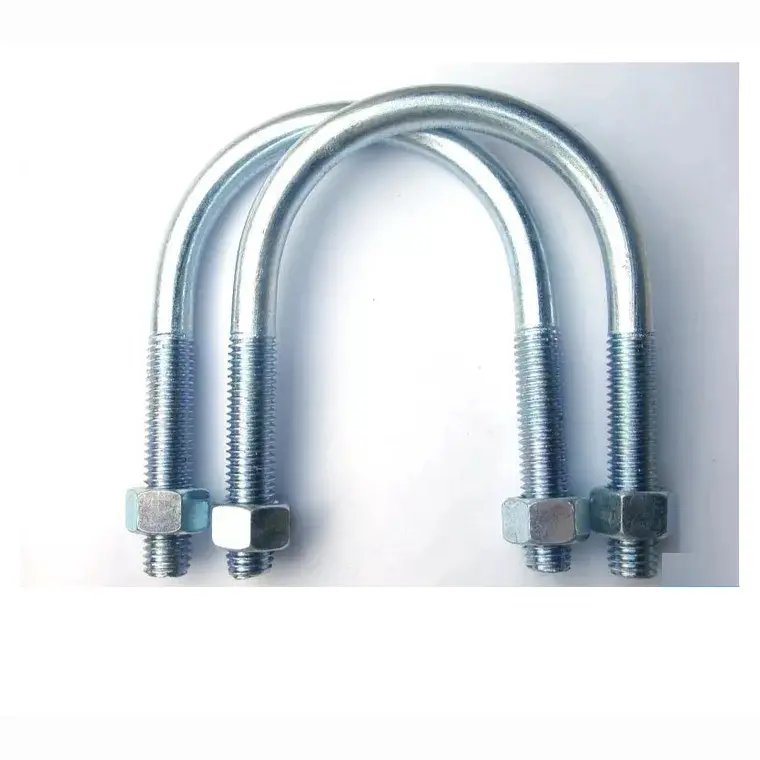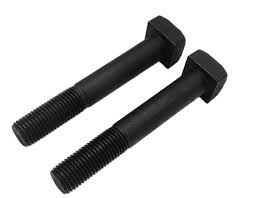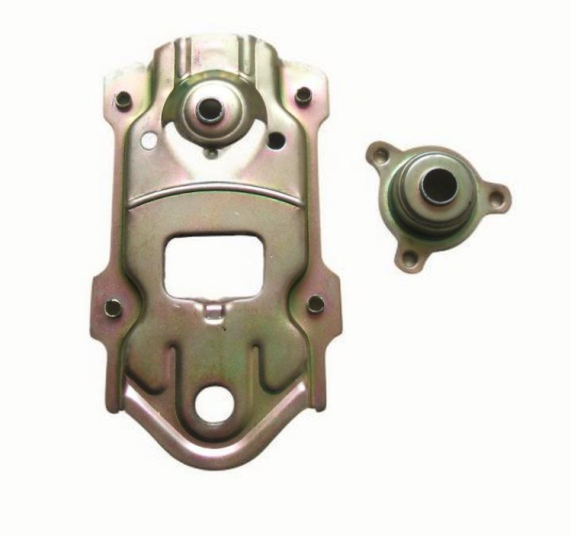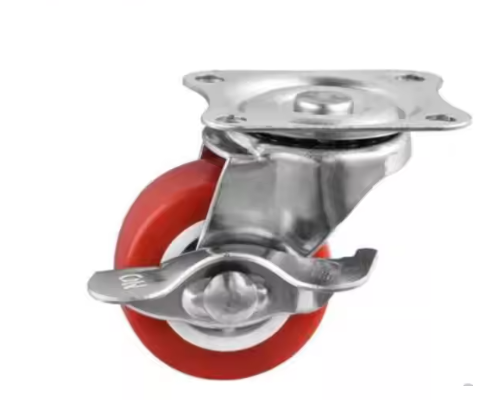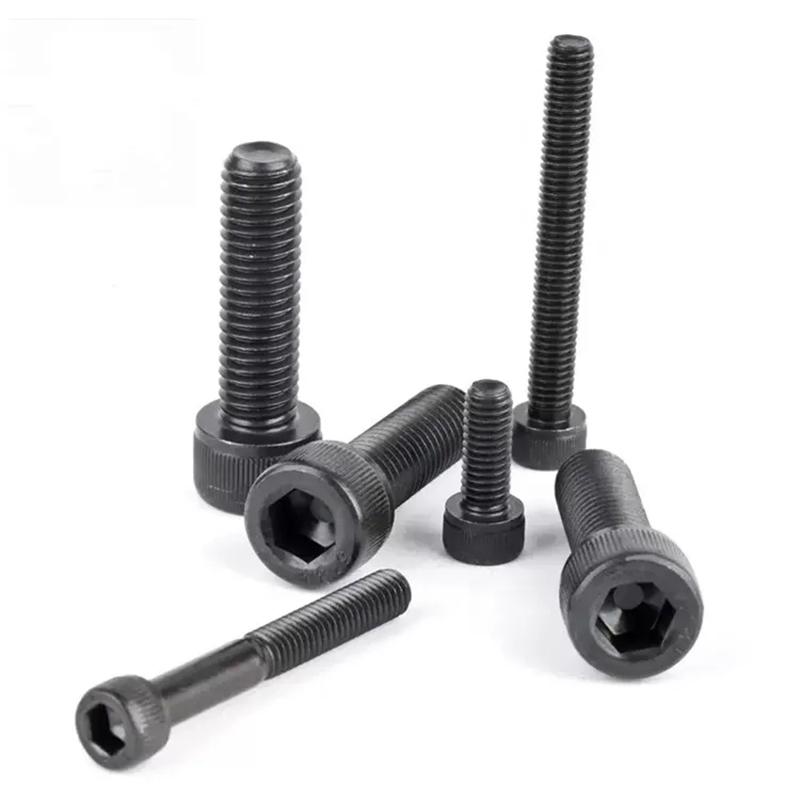

This guide provides an in-depth look at the China bolt market, covering manufacturing processes, sourcing strategies, quality control, and considerations for international buyers. We'll explore different types of bolts, industry standards, and best practices for ensuring you receive high-quality fasteners that meet your specific needs. Learn how to navigate the complexities of the Chinese market and make informed decisions when sourcing China bolts for your projects.
China is a leading manufacturer of a vast array of bolts, including but not limited to: Hex bolts, carriage bolts, machine bolts, eye bolts, anchor bolts, and specialized bolts for various industries. The sheer volume and variety available make China a significant player in the global fastener market. Many manufacturers specialize in specific bolt types, allowing for highly specialized sourcing opportunities. Understanding the specific type of China bolt you need is crucial for effective sourcing.
China bolt manufacturing employs various techniques, including cold heading, hot forging, and machining. Cold heading is prevalent for smaller, high-volume production runs, while hot forging is used for larger, more robust bolts. Precision machining ensures tight tolerances and superior accuracy, often necessary for specialized applications. Understanding these processes helps in evaluating the quality and capabilities of different manufacturers.
Identifying trustworthy suppliers of China bolts requires careful research. Online platforms like Alibaba and Global Sources offer extensive listings, but thorough due diligence is crucial. Verify certifications, check reviews, and request samples before committing to large orders. Consider working with established trading companies who can assist with quality control and logistical aspects. Hebei Dewell Metal Products Co., LTD (https://www.deweLLfastener.com/) is one example of a company specializing in high-quality fasteners.
Implementing a robust quality control system is critical when sourcing China bolts. This involves specifying required standards (e.g., ISO, ASTM), requesting detailed material certificates, and potentially conducting on-site inspections. Sample testing is crucial to ensure the bolts meet your project's specifications. Employing a third-party inspection agency can provide an independent assessment of product quality.
Various international standards govern bolt manufacturing and quality, including ISO, ASTM, and DIN. Understanding these standards helps you communicate your requirements clearly and ensure compliance. Specifying the required standard in your purchase order is essential to avoid discrepancies.
Requesting material certifications, such as mill certificates, is crucial for verifying the composition and properties of the China bolt materials. These certificates provide assurance that the materials meet the specified standards and are fit for your intended purpose.
The price of China bolts varies depending on several factors, including material, size, quantity, and surface finish. Negotiating prices is common, particularly for large orders. Be prepared to provide detailed specifications and compare offers from multiple suppliers.
Efficient logistics are crucial for timely delivery. Understand shipping costs, customs procedures, and potential delays. Working with experienced freight forwarders can help streamline the process and minimize disruptions.
| Material | Strength | Corrosion Resistance | Cost |
|---|---|---|---|
| Carbon Steel | High | Low | Low |
| Stainless Steel | High | High | High |
| Alloy Steel | Very High | Moderate | High |
By following these guidelines, businesses can effectively source high-quality China bolts while mitigating potential risks. Remember to always prioritize thorough due diligence and quality control throughout the sourcing process.

